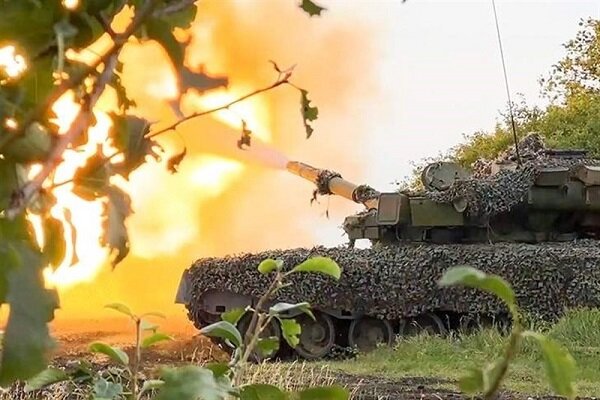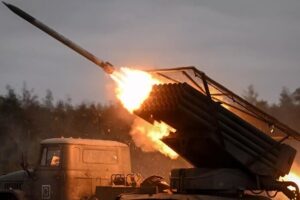
He told Iltalehti newspaper on Tuesday that the details of how artillery shells would be produced for Ukraine had been finalized, and a decision on the matter would be made “very soon,” RT reported.
According to Hakkanen, the government will finalize all of its plans before Christmas, which Finland celebrates on December 25.
The country became a NATO member state last year and is looking to “significantly increase munitions production” to be able “to support Ukraine even more strongly than it does now,” Hakkanen said.
The move will also “further increase the preparedness of Finland and the Nordic countries regarding munitions production,” he added.
Iltalehti reported that the plan to boost the production of shells would cost the country “tens of millions of euros.”
For Helsinki, arming Ukraine is “a vital issue,” Hakkanen insisted, and the “top priority” in Finland’s communications with NATO and the EU is “to push larger countries, especially in Europe, to increase munitions production.”
According to the Finnish Defense Ministry, the country has provided Ukraine with €1.5 billion (around $1.63 billion) in military assistance since the outbreak of the conflict with Russia in February 2022. The latest package of €100 million was announced in November.
Earlier this year, the EU promised to supply Kyiv with 1 million shells by March 2024. However, German Defense Minister Boris Pistorius acknowledged last month that “the goal won’t be achieved.” He blamed this on inadequate production capacities in European nations.
Ukrainian Foreign Minister Dmitry Kuleba told journalists last week that Kyiv had only received 300,000 rounds from the bloc.
In November, the Ukrainian President complained that deliveries of artillery rounds to Kyiv’s forces “have decreased” and “really slowed down” since Israel launched its war against Gaza. Competition for Western-supplied munitions between countries has intensified, particularly for NATO-standard 155mm caliber shells, he claimed.
Moscow has repeatedly criticized deliveries of weapons and ammunition to Ukraine from the US and the EU, arguing that they only prolong the fighting and increase the risk of a direct military confrontation between Russia and NATO.
MP/TSN




